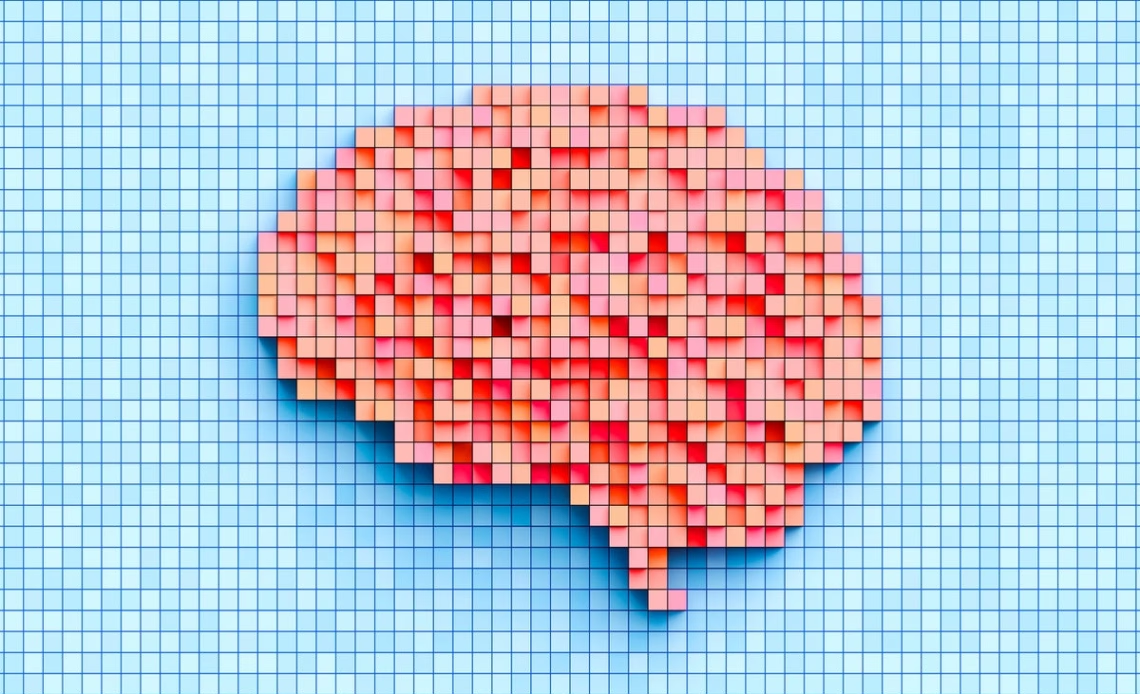There are many ways to test the intelligence of an artificial intelligence—conversational fluidity, reading comprehension or mind-bendingly difficult physics. But some of the tests that are most likely to stump AIs are ones that humans find relatively easy, even entertaining. Though AIs increasingly excel at tasks that require high levels of human expertise, this does not mean that they are close to attaining artificial general intelligence, or AGI. AGI requires that an AI can take a very small amount of information and use it to generalize and adapt to highly novel situations. This ability, which is the basis for human learning, remains challenging for AIs.
One test designed to evaluate an AI’s ability to generalize is the Abstraction and Reasoning Corpus, or ARC: a collection of tiny, colored-grid puzzles that ask a solver to deduce a hidden rule and then apply it to a new grid. Developed by AI researcher François Chollet in 2019, it became the basis of the ARC Prize Foundation, a nonprofit program that administers the test—now an industry benchmark used by all major AI models. The organization also develops new tests and has been routinely using two (ARC-AGI-1 and its more challenging successor ARC-AGI-2). This week the foundation is launching ARC-AGI-3, which is specifically designed for testing AI agents—and is based on making them play video games.
Scientific American spoke to ARC Prize Foundation president, AI researcher and entrepreneur Greg Kamradt to understand how these tests evaluate AIs, what they tell us about the potential for AGI and why they are often challenging for deep-learning models even though many humans tend to find them relatively easy. Links to try the tests are at the end of the article.
On supporting science journalism
If you’re enjoying this article, consider supporting our award-winning journalism by subscribing. By purchasing a subscription you are helping to ensure the future of impactful stories about the discoveries and ideas shaping our world today.
[An edited transcript of the interview follows.]
What definition of intelligence is measured by ARC-AGI-1?
Our definition of intelligence is your ability to learn new things. We already know that AI can win at chess. We know they can beat Go. But those models cannot generalize to new domains; they can’t go and learn English. So what François Chollet made was a benchmark called ARC-AGI—it teaches you a mini skill in the question, and then it asks you to demonstrate…
Click Here to Read the Full Original Article at Scientific American Content: Global…

